”Mental health for all: building resilience and quality services”
- 421 vues
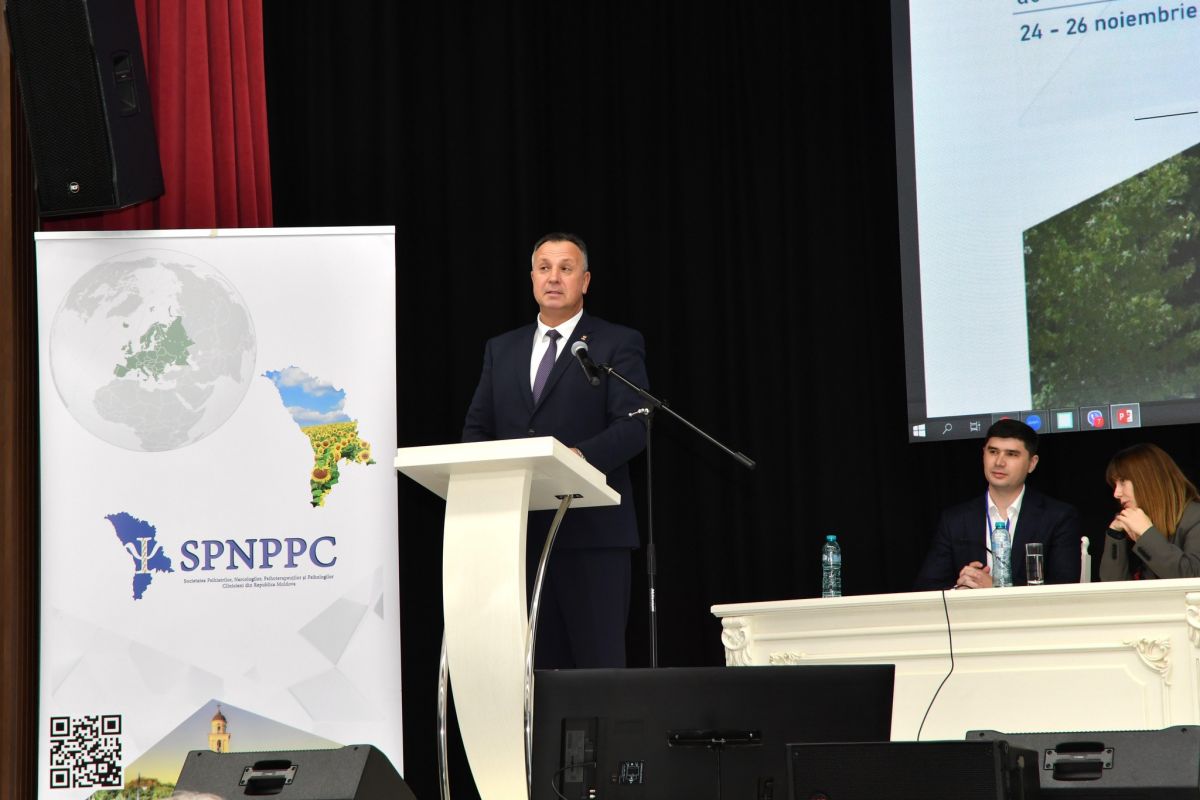
More than 30 national and international speakers participated in the conference Mental health for all: building resilience and quality services, organized by the Department of Mental Health, Medical Psychology and Psychotherapy of Nicolae Testemitanu State University of Medicine and Pharmacy of the Republic of Moldova, in collaboration with the Society of Psychiatrists, Narcologists, Psychotherapists and Clinical Psychologists from the Republic of Moldova.
The scientific event took place during 24-26 November 2022 and brought together experts from Romania, the USA, Germany, Israel, Hungary, the Netherlands, Ukraine, India, Bulgaria, Switzerland, Belgium, Great Britain and the Republic of Moldova.
At the inauguration of the conference, the Rector of the University, Professor Emil Ceban, highlighted that: "This conference represents a favorable platform to share new ideas, research experience and practices as regards mental health, at the local and international level. Mental health is a field of reference with its specificity at different periods of human development – childhood, adolescence and adulthood. In the last period, it is strongly influenced by living conditions, by the pandemic, by social, economic, political and other crises, which generate new problems and subjects of study for professional doctors and scientists". The rector specified that in order to meet contemporary requirements, Nicolae Testemitanu University reorganized the Department of Psychiatry into the Department of Mental Health, Medical Psychology and Psychotherapy. This change marks the alignment with international trends in the field of mental health and, at the same time, confirms the University's commitment to train specialists in mental health, medical psychology and psychotherapy.
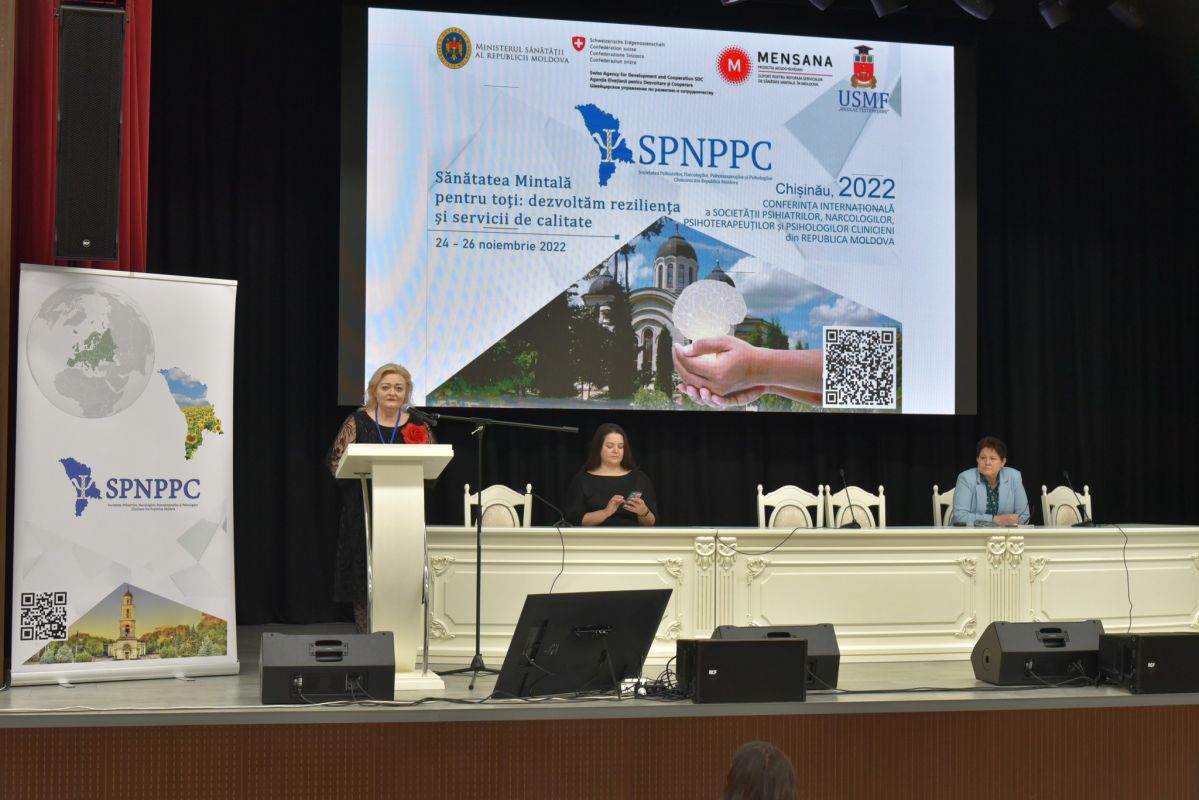
The rector also mentioned the new Master's study program in Public Mental Health, launched this year. "The two-year program is focused on training qualified doctors and researchers in this field in order to collaborate and implement national policies and mental health services, as well as to develop scientific research. However, the subject of mental health concerns not only the scientific community and specialists in the field. For each of us, mental health is a priority", Professor Ceban concluded.
Jana Chihai, head of the Department of Mental Health, Medical Psychology and Psychotherapy, has stated that this conference addresses recent changes and major aspects of mental health in all its complexity in our country and the entire world. "In the current global context of the crisis, the call of the World Health Organization (WHO) in 2022 is to make mental health and well-being for all a global priority. According to WHO data, after almost three years, social isolation, fear of illness and death, and strained socio-economic circumstances associated with the COVID-19 pandemic have contributed to an estimated 25% increase in depression and anxiety globally. Added to these were the war in Ukraine and the humanitarian crisis, leading to recession, political unrest, supply chain issues, energy crisis and inflation. These adverse circumstances increasingly compel us to create universally accessible resources and quality mental health services to build resilience and eliminate stigma and discrimination in mental health," said Jana Chihai.
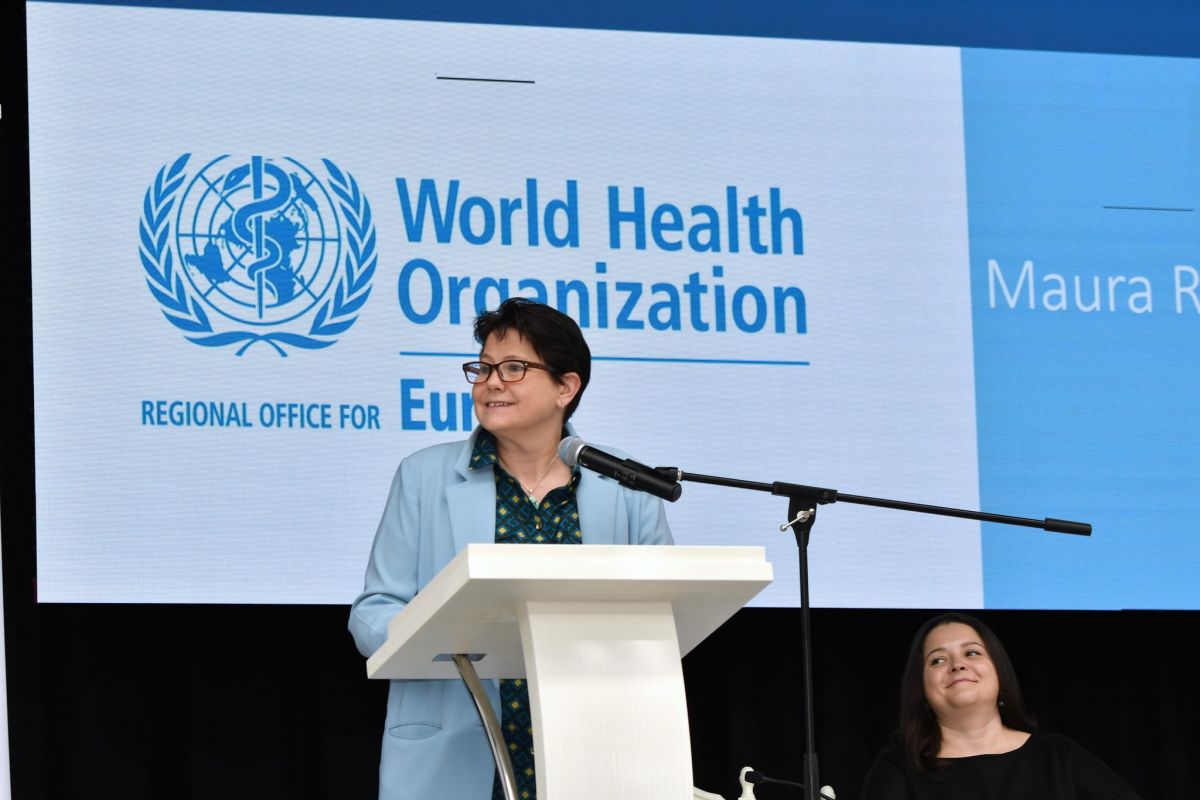
Maura Reap, a WHO mental health consultant for 20 years from the USA, who has three years of work experience in Romania, mentioned that: "The war in Ukraine brought me back here, to this part of the world, and I will try to address mental health and psychosocial support in humanitarian emergencies.” The consultant referred to the situation in Ukraine, where the war had a major impact on the mental health of the population, the number of victims is increasing, the displaced families are deeply affected, and the infrastructure is being destroyed, with about 7.8 million Ukrainians refugees in Europe and 96 thousand - in Moldova. “Adjusting to new conditions creates additional stress for refugees. Anxiety, acute stress, substance abuse, depression, bipolar disorders, other conditions denoting psychological problems are very common. We strive to support the population in these conditions and restore specialized services in cooperation with the authorities, to deal with the circumstances, to strengthen the health system, but also the response of each individual to the crisis situation".
The topics addressed during the conference concern mental health interventions in crises, services and activities based on recovery and multidisciplinary approach, psychiatry at all ages, psychopharmacology, psychotherapeutic interventions, addictionology, etc.
Preluarea informației de pe site-ul USMF „Nicolae Testemițanu” poate fi efectuată doar cu indicarea obligatorie a sursei și a linkului direct accesat pe www.usmf.md.

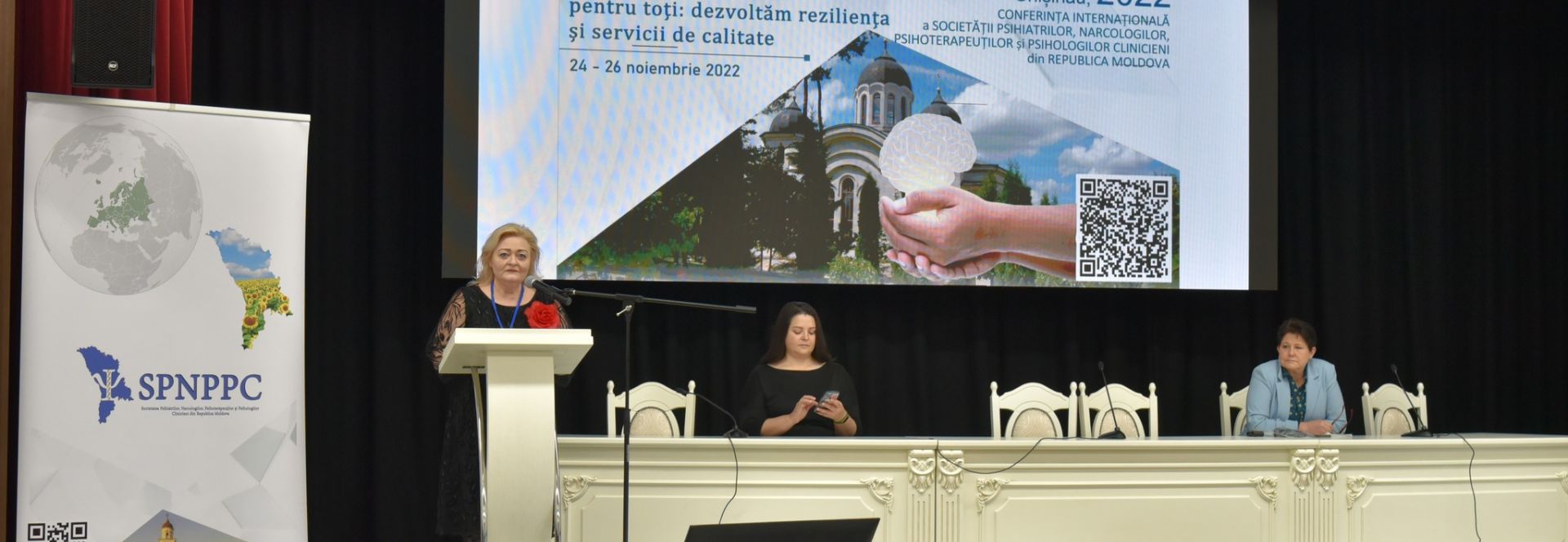
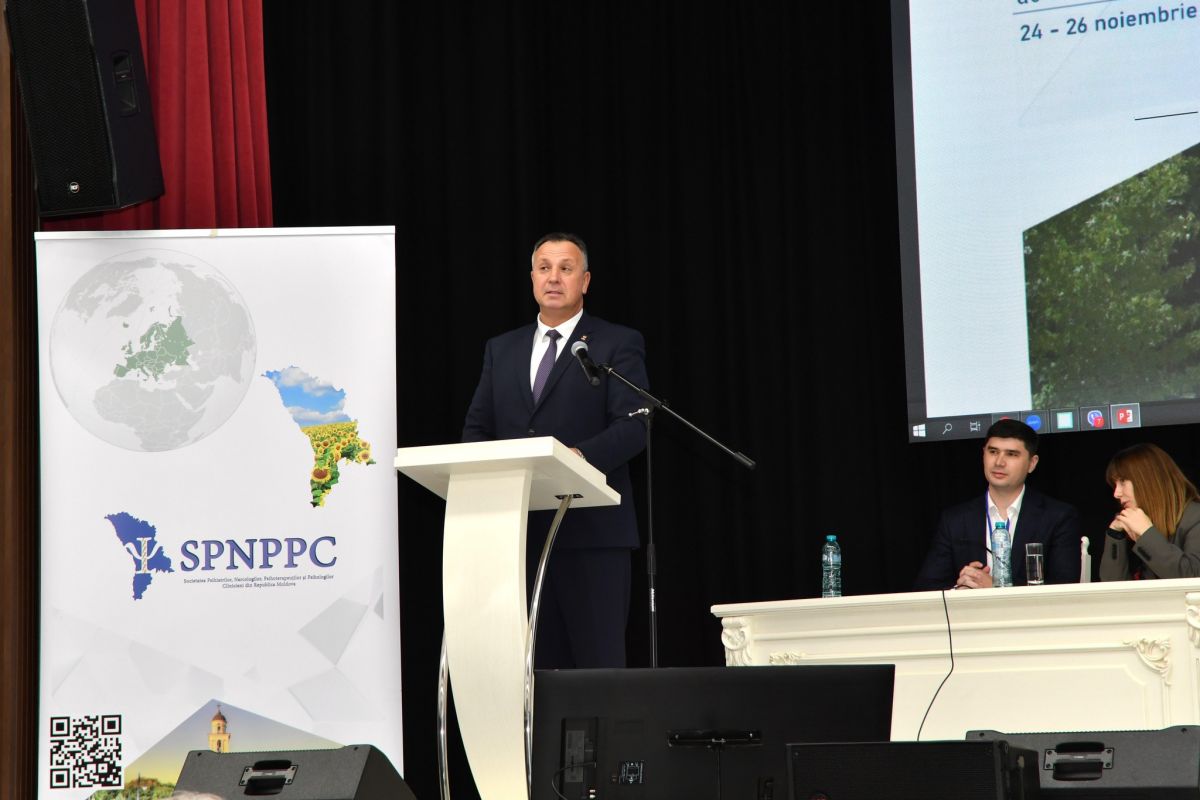
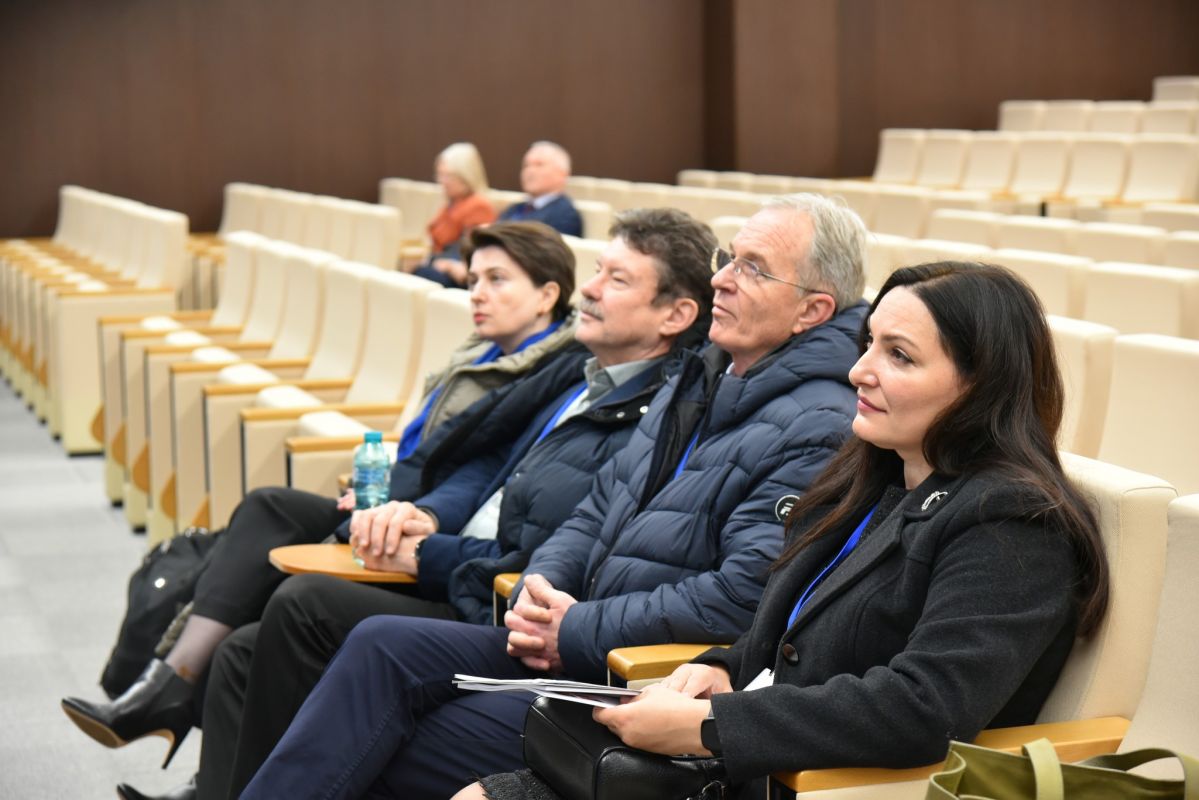
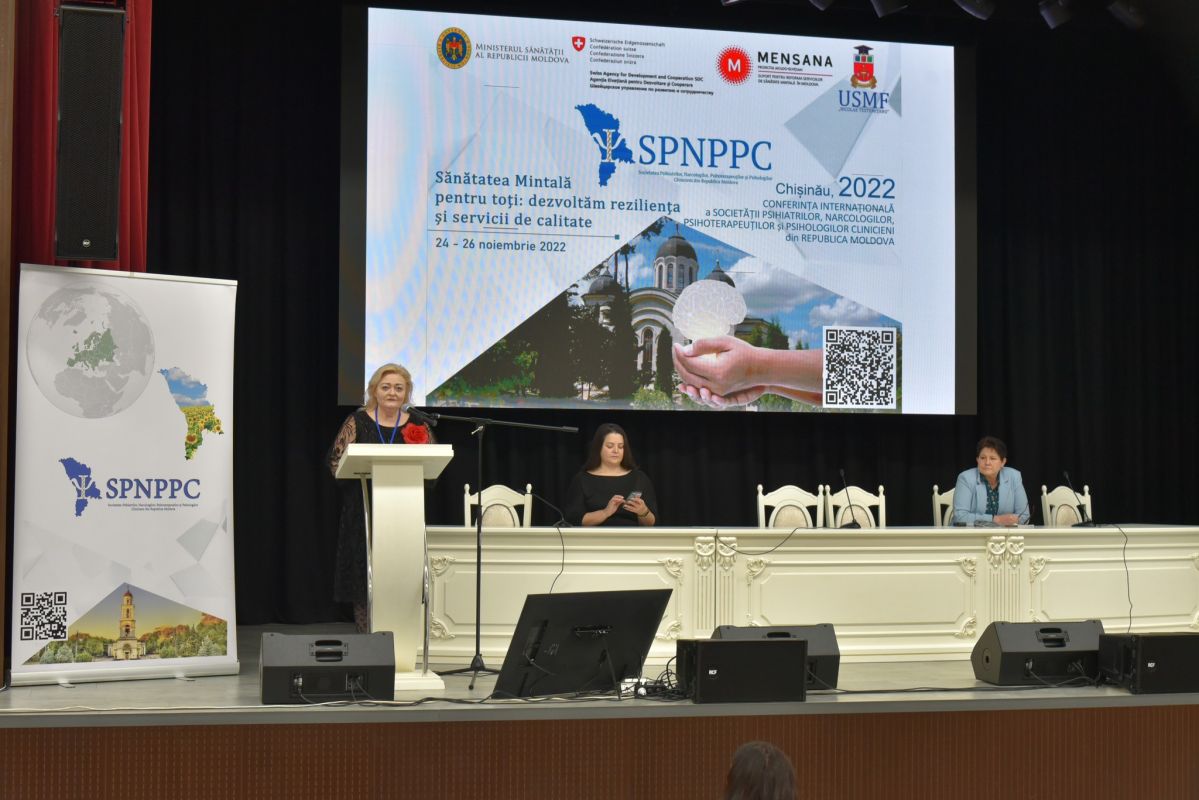
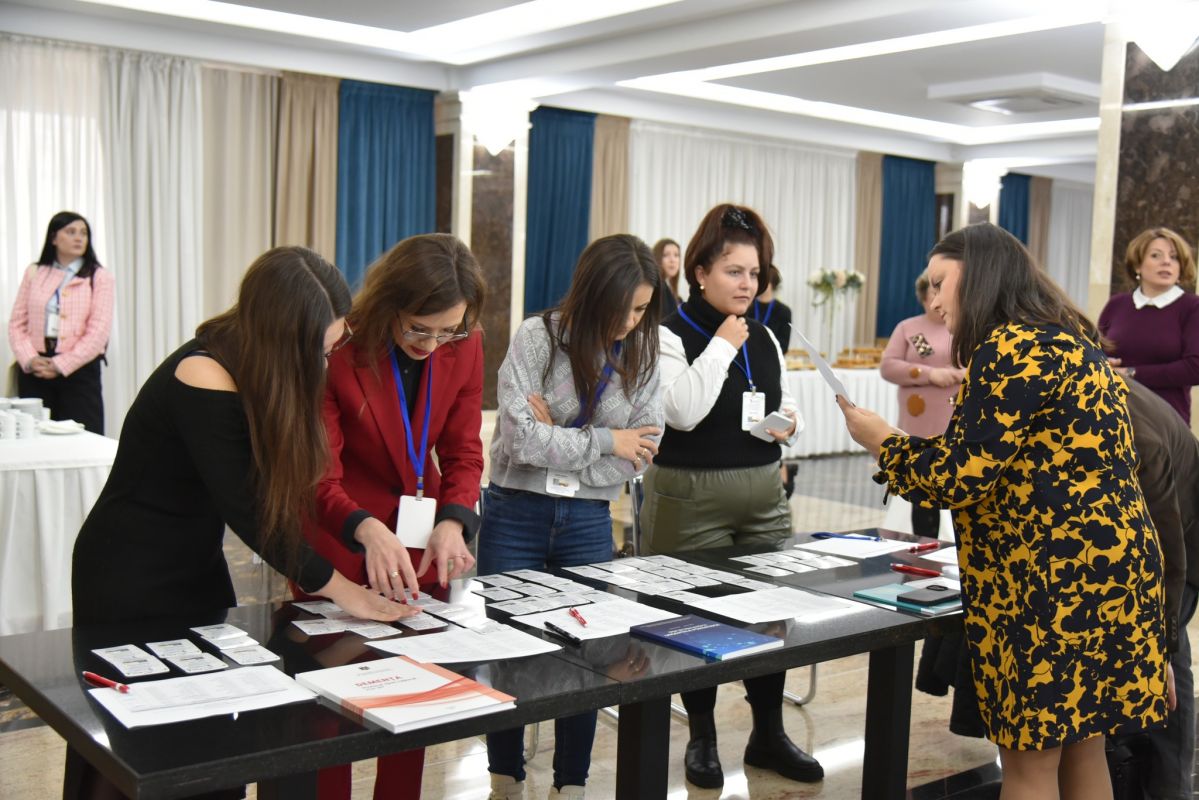
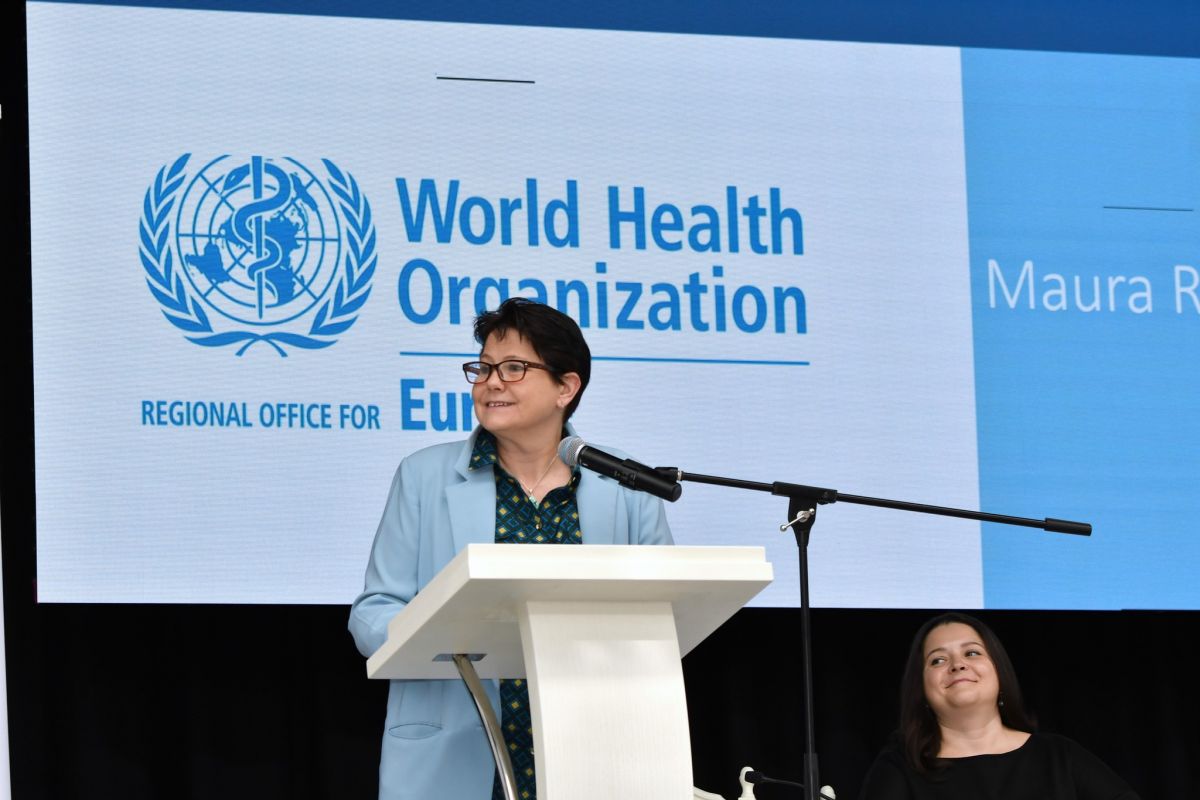
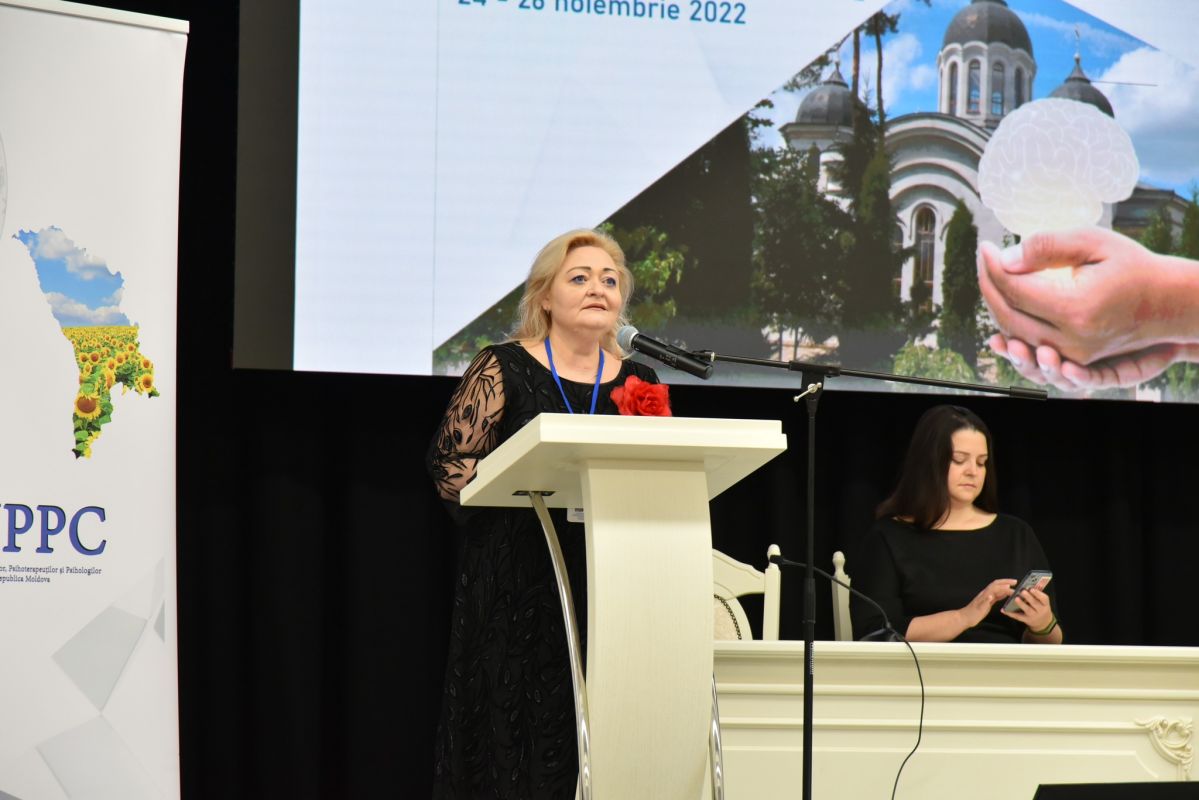
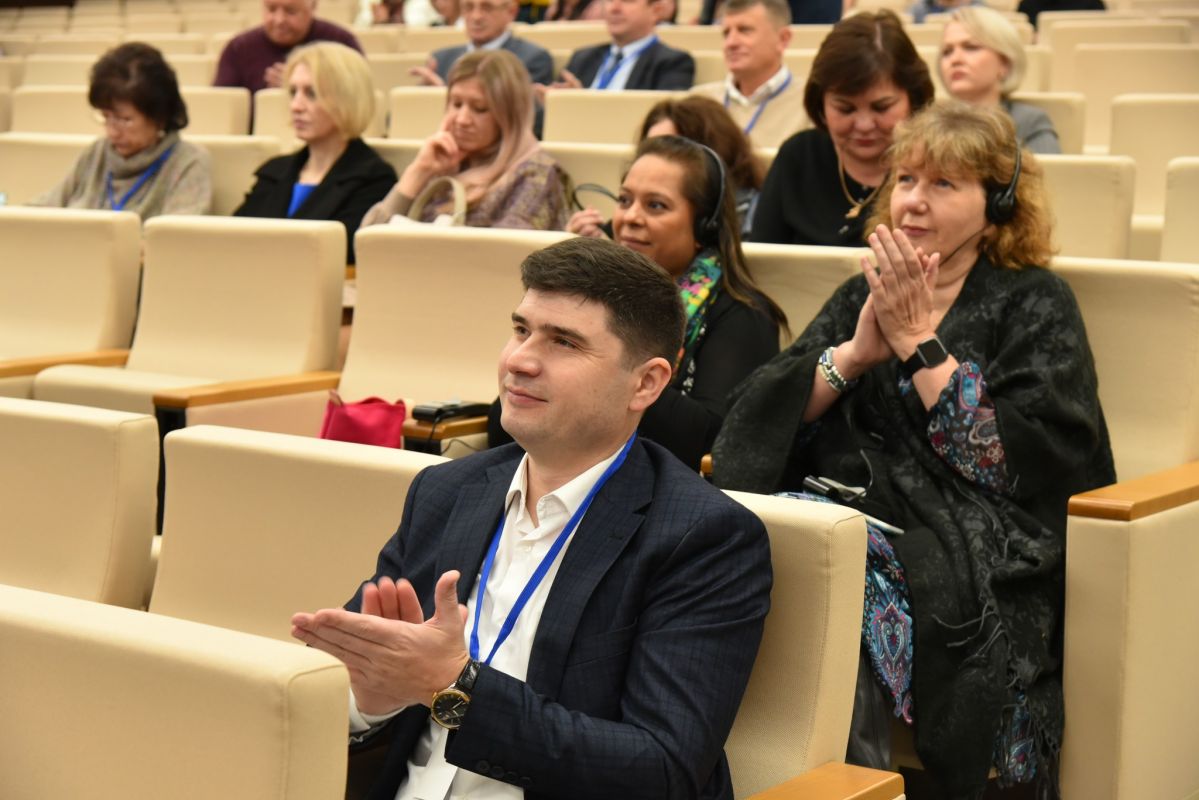
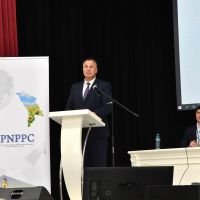

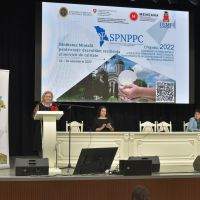

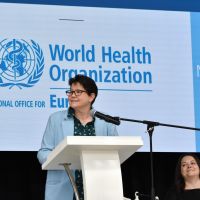
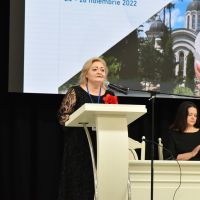
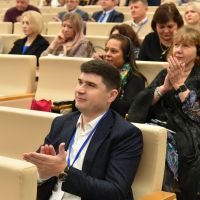
Comentarii